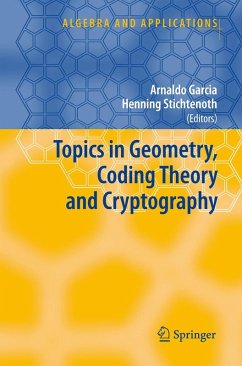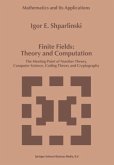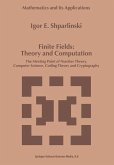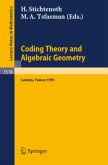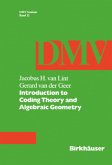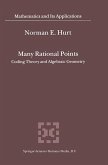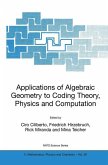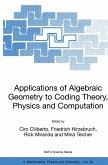The theory of algebraic function fields over finite fields has its origins in number theory. However, after Goppa`s discovery of algebraic geometry codes around 1980, many applications of function fields were found in different areas of mathematics and information theory, such as coding theory, sphere packings and lattices, sequence design, and cryptography. The use of function fields often led to better results than those of classical approaches.
This book presents survey articles on some of these new developments. Most of the material is directly related to the interaction between function fields and their various applications; in particular the structure and the number of rational places of function fields are of great significance. The topics focus on material which has not yet been presented in other books or survey articles. Wherever applications are pointed out, a special effort has been made to present some background concerning their use.
This book presents survey articles on some of these new developments. Most of the material is directly related to the interaction between function fields and their various applications; in particular the structure and the number of rational places of function fields are of great significance. The topics focus on material which has not yet been presented in other books or survey articles. Wherever applications are pointed out, a special effort has been made to present some background concerning their use.
From the reviews: "This book contains five surveys on different topic related to coding theory. The chapters are largely independent from each other and one can browse freely through them. ... The book is well-written and I think it may be valuable both for researchers and for students with background in algebra. ... In fact, the main interest of this book is that it focuses on topics not covered in other books on coding theory." (Fabio Mainardi, MAA Online, January, 2007)

